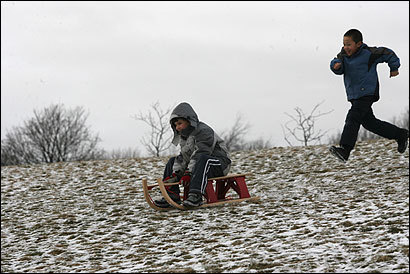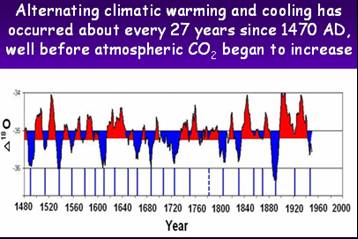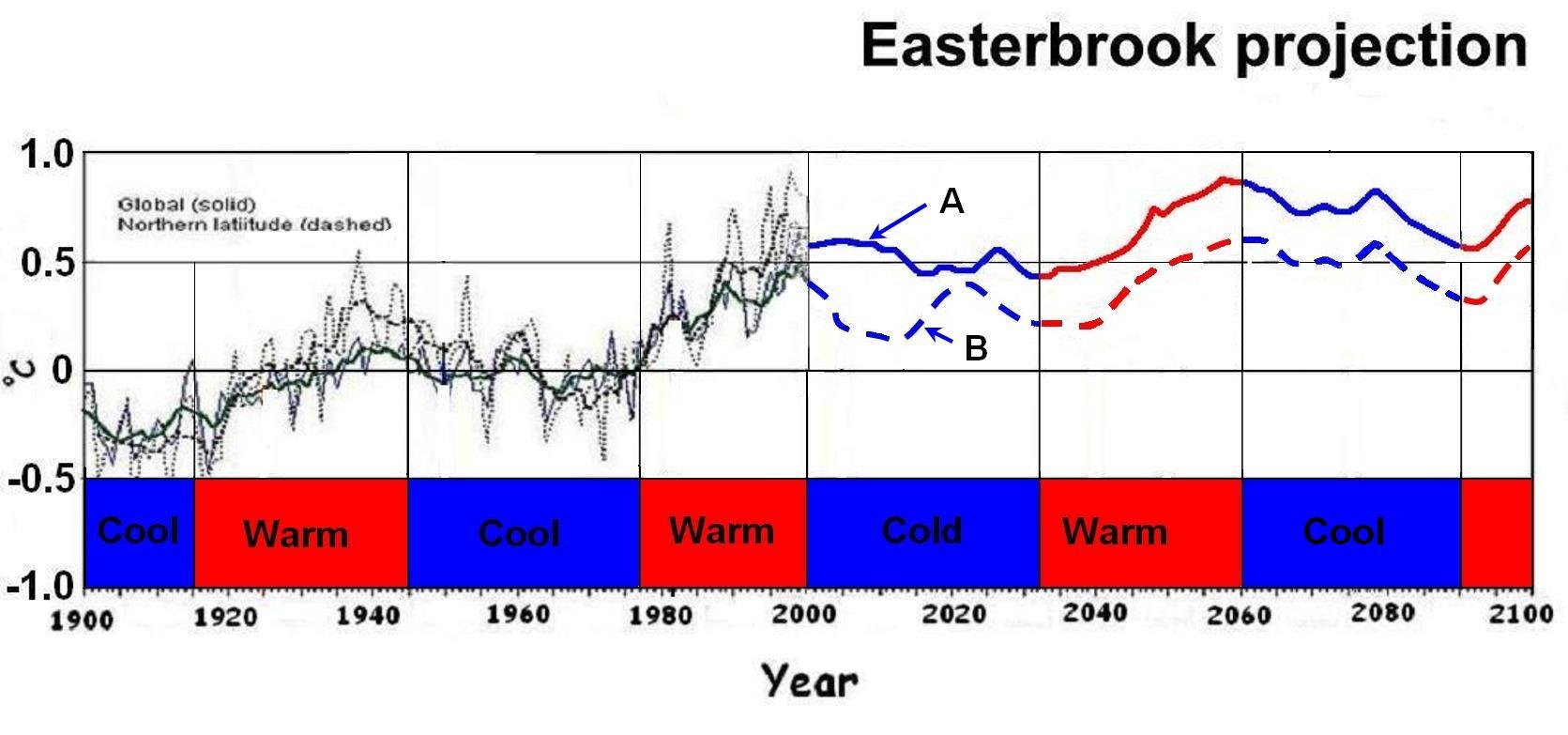czsz
Senior Member
- Joined
- Jan 12, 2007
- Messages
- 6,043
- Reaction score
- 7
Seems like something's eroding some of America's most treasured traditions, and it's shockingly not the specter of gay marriage!

Climatologists predict winters with little snow, making scenes like these youngsters sledding on grass in January more likely.
Report: Quintessential N.E. at risk
Warns region to stem global warming's pace
By Felicia Mello, Globe Correspondent | July 12, 2007
Imagine Vermont without maple syrup, Maine with fewer lobsters, and New Hampshire without the brilliant red foliage that enlivens fall mornings. Unthinkable?
A new study by some of the region's top climate scientists projects that many of the things that define New England -- from knee-high snow drifts to lobster rolls -- could disappear if global warming continues at its current pace.
"The character of this region is at stake," said Kevin Knobloch, president of the Union of Concerned Scientists, a Cambridge-based environmental group that produced the report in collaboration with dozens of climate specialists, other scientists, and economists. "The emissions choices that we make today will lead to starkly different futures in our lifetime and certainly the lifetime of our children."
Previous research has used climate models to forecast regional weather changes in the coming decades, but the report released yesterday marks one of the few times researchers have tried to identify how global warming could affect the economies of specific states, and presents ways individuals can help combat it.
The study is the most detailed projec tion yet of the effects of climate change on the Northeast.
Cod, the fish that jump - started the region's economy, could vanish from the waters around Georges Bank, the study found. Stressed-out cows could produce up to 12 percent less milk in the summer. And the number of snow-cover days could decrease by more than half across New England by 2100, forcing many ski resorts to close.
Average annual temperatures in the Northeast have increased by more than 1.5 degrees, and winter temperatures by more than 4 degrees, since 1970 in a worldwide warming trend. Scientists contend the warming is due in part to emissions of carbon dioxide and other greenhouse gases from cars and power plants. The pollutants linger in the atmosphere, causing it to trap more heat.
The scientists looked at two different emissions scenarios: one in which greenhouse gas output continues to grow unchecked and the other in which it increases more slowly and begins to decline by mid century as countries adopt fuel-efficient technologies.
Under the first scenario, average temperatures in Massachusetts would rise 8 to 12 degrees in winter and 6 to 14 degrees in summer by the end of the century.
In Boston, more frequent heat waves and a fourfold increase in days with poor air quality could endanger the elderly and children. Floods that now occur on average once every 100 years could happen every other year by mid century, topping the Charles River Dam and inundating Faneuil Hall, the Back Bay, and parts of Cambridge.
The lower-emissions scenario would cut temperature increases in half, reducing some of the damage, the report said. Some changes are unavoidable, however, because they stem from past emissions.
"This report is as damning as its predictions are disastrous," Senator John Kerry, Democrat of Massachusetts, said in a statement. "Climate change is real, and we're approaching a deadly tipping point if we don't act now."
The report paints a grim picture for New England's farms and fisheries. Annual droughts could plague historically water-rich Massachusetts and New Hampshire. Cranberries would no longer grow in Southeastern Massachusetts under the high emissions scenario, and apple farmers could be forced to abandon popular varieties like McIntosh and Granny Smiths. Under either scenario, the waters south of Cape Cod would become inhospitable to lobsters, and crustaceans in Maine would grow more susceptible to disease.
Maple and beech forests could flourish initially under warmer conditions, but they could decline dramatically by late in the century. Reducing emissions could save many of New Hampshire's spruce and fir trees, but the high emissions scenario could wipe them out, hurting the paper industry.
The report's authors called on consumers to buy more - efficient cars and appliances in order to reduce emissions throughout the Northeast, a region that produces more carbon dioxide than entire nations such as Canada, the United Kingdom and Italy.
Massachusetts officials said the study's findings, while gloomy, provide an opportunity for the state to be a leader in developing environmentally friendly technology for the rest of the world.
"Our energy future is going to be considerably different than the past," said Ian Bowles, secretary of the state's Executive Office of Energy and Environmental Affairs. "It will involve a lot of turnover in capital stock -- our transportation fleet, our building fleet, our energy production. In all those areas there will be investment and innovation, and Massachusetts is disproportionately well positioned to take advantage of that economy."
Governor Deval Patrick has made clean energy a priority of his administration. The energy and environmental affairs agency, for example, yesterday released new guidelines requiring developers to include information about greenhouse-gas emissions when they submit projects for review.
Some specialists said more drastic measures are required.
"I think we need to much more aggressively address public transportation," among other issues, said Ray Bradley, a climatologist at the University of Massachusetts at Amherst who did not contribute to the report. Individuals can make a difference, but state and federal governments need to be more proactive, too, he said.
"Everybody can change their light bulbs and carpool, but fundamentally, this is a problem that needs to be solved at a much higher level."

Climatologists predict winters with little snow, making scenes like these youngsters sledding on grass in January more likely.
Report: Quintessential N.E. at risk
Warns region to stem global warming's pace
By Felicia Mello, Globe Correspondent | July 12, 2007
Imagine Vermont without maple syrup, Maine with fewer lobsters, and New Hampshire without the brilliant red foliage that enlivens fall mornings. Unthinkable?
A new study by some of the region's top climate scientists projects that many of the things that define New England -- from knee-high snow drifts to lobster rolls -- could disappear if global warming continues at its current pace.
"The character of this region is at stake," said Kevin Knobloch, president of the Union of Concerned Scientists, a Cambridge-based environmental group that produced the report in collaboration with dozens of climate specialists, other scientists, and economists. "The emissions choices that we make today will lead to starkly different futures in our lifetime and certainly the lifetime of our children."
Previous research has used climate models to forecast regional weather changes in the coming decades, but the report released yesterday marks one of the few times researchers have tried to identify how global warming could affect the economies of specific states, and presents ways individuals can help combat it.
The study is the most detailed projec tion yet of the effects of climate change on the Northeast.
Cod, the fish that jump - started the region's economy, could vanish from the waters around Georges Bank, the study found. Stressed-out cows could produce up to 12 percent less milk in the summer. And the number of snow-cover days could decrease by more than half across New England by 2100, forcing many ski resorts to close.
Average annual temperatures in the Northeast have increased by more than 1.5 degrees, and winter temperatures by more than 4 degrees, since 1970 in a worldwide warming trend. Scientists contend the warming is due in part to emissions of carbon dioxide and other greenhouse gases from cars and power plants. The pollutants linger in the atmosphere, causing it to trap more heat.
The scientists looked at two different emissions scenarios: one in which greenhouse gas output continues to grow unchecked and the other in which it increases more slowly and begins to decline by mid century as countries adopt fuel-efficient technologies.
Under the first scenario, average temperatures in Massachusetts would rise 8 to 12 degrees in winter and 6 to 14 degrees in summer by the end of the century.
In Boston, more frequent heat waves and a fourfold increase in days with poor air quality could endanger the elderly and children. Floods that now occur on average once every 100 years could happen every other year by mid century, topping the Charles River Dam and inundating Faneuil Hall, the Back Bay, and parts of Cambridge.
The lower-emissions scenario would cut temperature increases in half, reducing some of the damage, the report said. Some changes are unavoidable, however, because they stem from past emissions.
"This report is as damning as its predictions are disastrous," Senator John Kerry, Democrat of Massachusetts, said in a statement. "Climate change is real, and we're approaching a deadly tipping point if we don't act now."
The report paints a grim picture for New England's farms and fisheries. Annual droughts could plague historically water-rich Massachusetts and New Hampshire. Cranberries would no longer grow in Southeastern Massachusetts under the high emissions scenario, and apple farmers could be forced to abandon popular varieties like McIntosh and Granny Smiths. Under either scenario, the waters south of Cape Cod would become inhospitable to lobsters, and crustaceans in Maine would grow more susceptible to disease.
Maple and beech forests could flourish initially under warmer conditions, but they could decline dramatically by late in the century. Reducing emissions could save many of New Hampshire's spruce and fir trees, but the high emissions scenario could wipe them out, hurting the paper industry.
The report's authors called on consumers to buy more - efficient cars and appliances in order to reduce emissions throughout the Northeast, a region that produces more carbon dioxide than entire nations such as Canada, the United Kingdom and Italy.
Massachusetts officials said the study's findings, while gloomy, provide an opportunity for the state to be a leader in developing environmentally friendly technology for the rest of the world.
"Our energy future is going to be considerably different than the past," said Ian Bowles, secretary of the state's Executive Office of Energy and Environmental Affairs. "It will involve a lot of turnover in capital stock -- our transportation fleet, our building fleet, our energy production. In all those areas there will be investment and innovation, and Massachusetts is disproportionately well positioned to take advantage of that economy."
Governor Deval Patrick has made clean energy a priority of his administration. The energy and environmental affairs agency, for example, yesterday released new guidelines requiring developers to include information about greenhouse-gas emissions when they submit projects for review.
Some specialists said more drastic measures are required.
"I think we need to much more aggressively address public transportation," among other issues, said Ray Bradley, a climatologist at the University of Massachusetts at Amherst who did not contribute to the report. Individuals can make a difference, but state and federal governments need to be more proactive, too, he said.
"Everybody can change their light bulbs and carpool, but fundamentally, this is a problem that needs to be solved at a much higher level."




